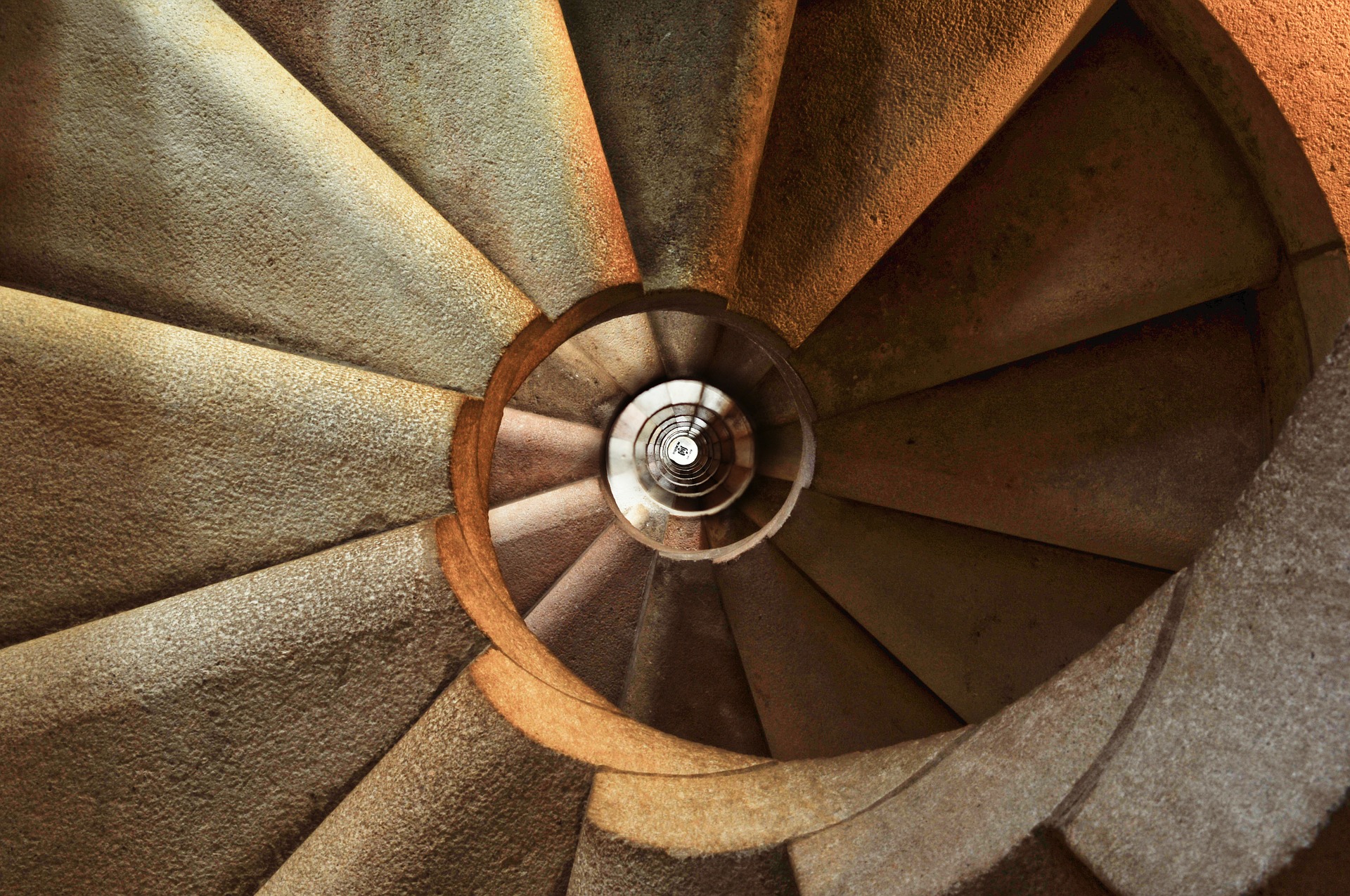Photo credit: Pixabay.com/stokpic
Julia Metraux
August 13, 2019
Campus & Community
new>>voices
Growing up, immediately before I attended a bar or bat mitzvah ceremony, I was often filled with dread and embarrassment. I grew up in an interfaith household, and the only time I went to synagogue, other than when my family visited our more religious relatives, was to attend a friend or cousin’s b’nai mitzvah. I was embarrassed because, most of the time, I was unable to hear what was happening.
I was born with a moderate hearing loss. I don’t consider myself to be part of the deaf community, nor do I understand any form of sign language, so finding my place in a hearing world has been difficult. This includes at religious ceremonies and rituals, where I have often found the acoustics of synagogues to be lackluster. While I am proud to be who I am, disabilities and all, access issues have made me feel isolated from many different communities, including Jewish circles. Although feeling excluded has made me sad at times, I’m here to stay in the Jewish community and will continue to fight to be accepted as someone who is disabled. But, I need abled Jews to make space for disabled Jews like me.
As I started university, I wanted to explore my Jewish identity more. The town I grew up in was predominantly Christian suburb in Massachusetts, so, when I got to Montreal to study at McGill University, I was excited to explore the Jewish community there. While Montreal is very different from the small suburb where I was raised, I also experienced many situations, from demonstrations to talks, where I felt that my needs as someone who is disabled were not met.
I developed an autoimmune disorder shortly before attending university, which led to me having to take care of my body more carefully than I did before. I was not able to drink much alcohol, had to limit how much I walked, and had to frequently rest. One thing that made me extremely excited to go to McGill was hearing about the vibrant community of social justice organizations. I was thrilled to find Independent Jewish Voices (IJV), a leftist Jewish organization in Canada that has student chapters, during my first semester there.
While no one excluded me on purpose, I felt out of place at times when I tried to get involved in Jewish organizations at McGill because my needs weren’t always met. In particular, I remember being in pain after walking up a flight of stairs in order to attend IJV shabbat with Rabbi David Mivasair, who is also a Palestinian solidarity activist. To be fair, I did not ask if it would be possible to have the event hosted in a venue with an elevator or on the first floor. But, it was frustrating to have sacrificed my physical comfort in order to go to an event.
I left McGill after three semesters for chronic illness treatment, and I had time to reflect about what being Jewish and disabled meant to me. When I came to New York City to finish my undergraduate degree, I made a conscious decision to be loudly Jewish and loudly disabled.
Being loudly disabled to me includes challenging members of the Jewish community on what Jewish involvement looks like. If I need to rest, I’m no less Jewish or less involved than an able-bodied person who attends Shabbat services. These days, Jewish involvement to me means communicating with members of the Jewish community via social media and trying to stay up to date on issues affecting the American Jewish community. While social media should not serve as a replacement to making events more accessible, it can serve as an alternative for disabled and chronically ill people who need to balance resting and community engagement.
When it comes to improving accessibility in Jewish spaces, I think there are two areas in general which could be made better to become more welcoming to disabled people like me. The first is hosting religious services and social events in venues with seating and microphones, and either hosting them on the first floor or in a building with an elevator. Accessibility needs can vary from person to person, so it’s important for hosts to reach out in advance to ask what could be done to meet everyone’s accessibility needs. If it is impossible to meet my needs – like at demonstrations – I always appreciate when events are live-streamed, like the Never Again series of actions across the country.
The second is the willingness to have a continued dialogue with disabled people on how to improve accessibility, as confronting ableism is an ongoing issue. I’ve never been in any Jewish communities that have truly confronted access issues, which is sad. But, I believe that progress could be made in this area by having disabled people in leadership and asking for feedback after events on what could be improved in the future.
As a disabled Jew, I’ve often found religious and social justice spaces to be inaccessible, and this must change. Accessibility is complex, as each disabled person has different needs that they need met. But, it’s also not the job of disabled people to make sure that our needs are met. Just as I am grateful when my non-Jewish friends fight against anti-Semitism, it is time that Jews confront the ableism that is ingrained in our community.
Julia Métraux is a writer, dog person, and student at The New School. Her work has appeared in The Tempest, Alma, BUST, Briarpatch and more. She’s an editorial assistant at Narratively and a staff writer at The Tempest.
Source: newvoices.org/2019/08/13/creating-space-as-a-disabled-jew/





